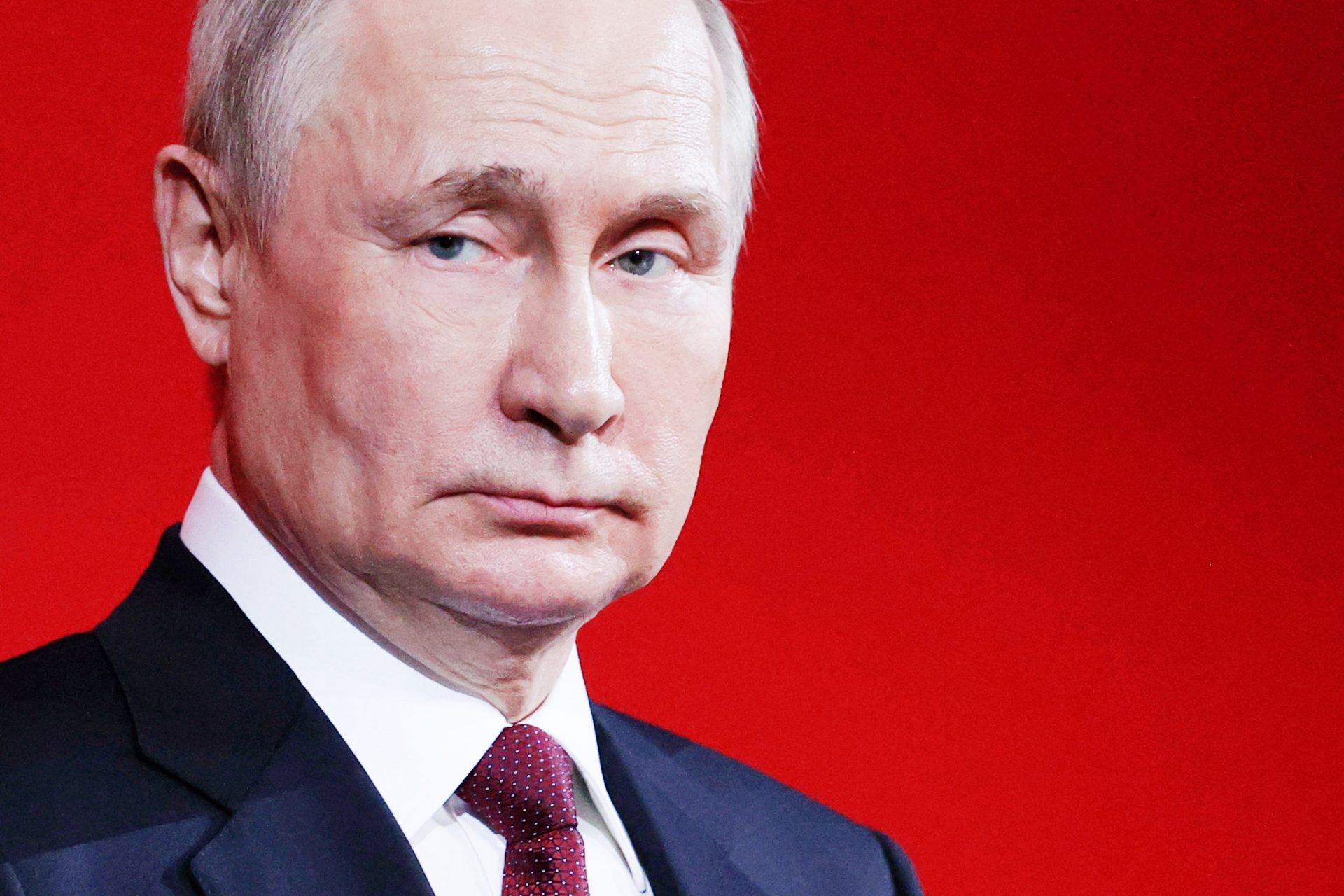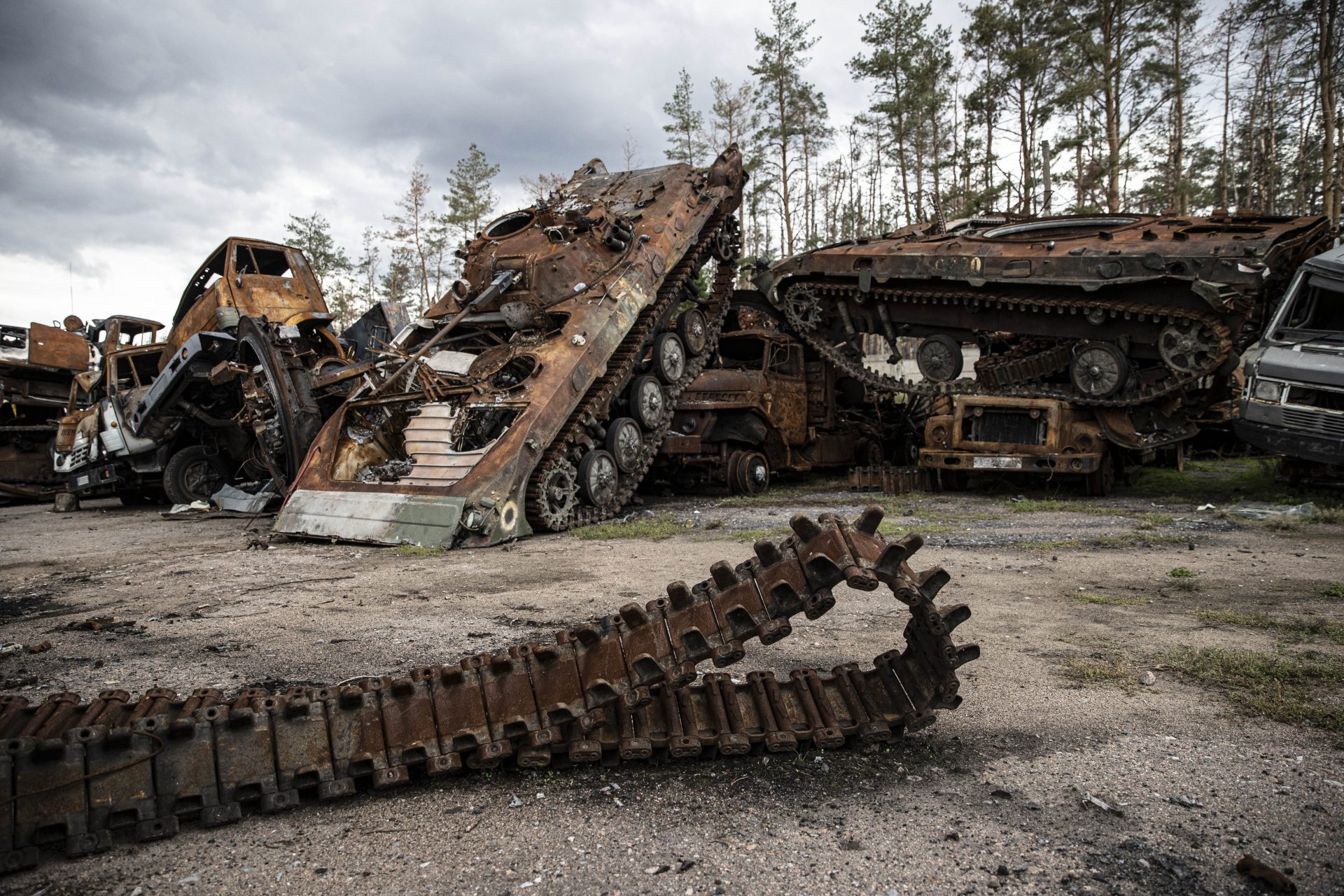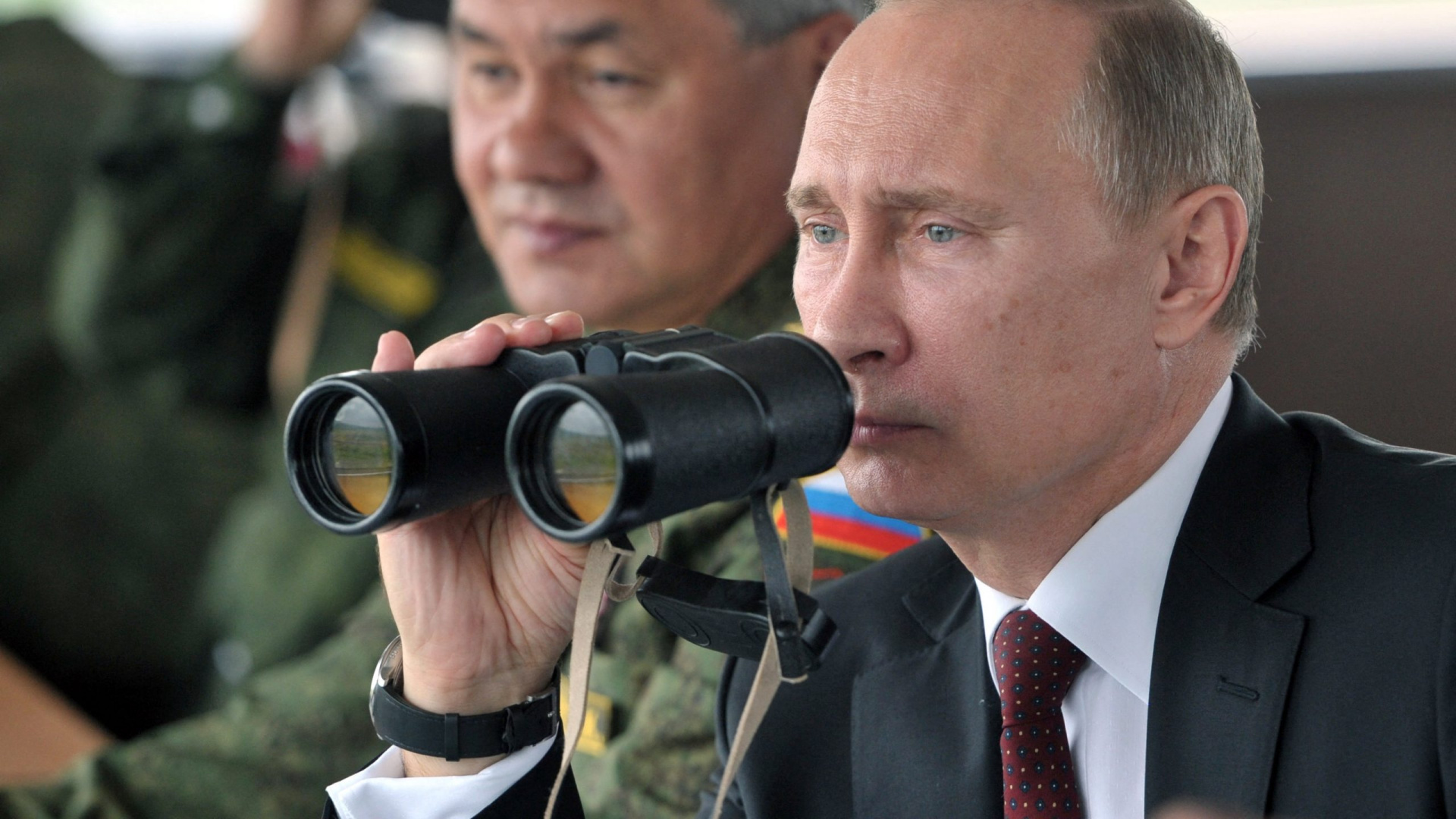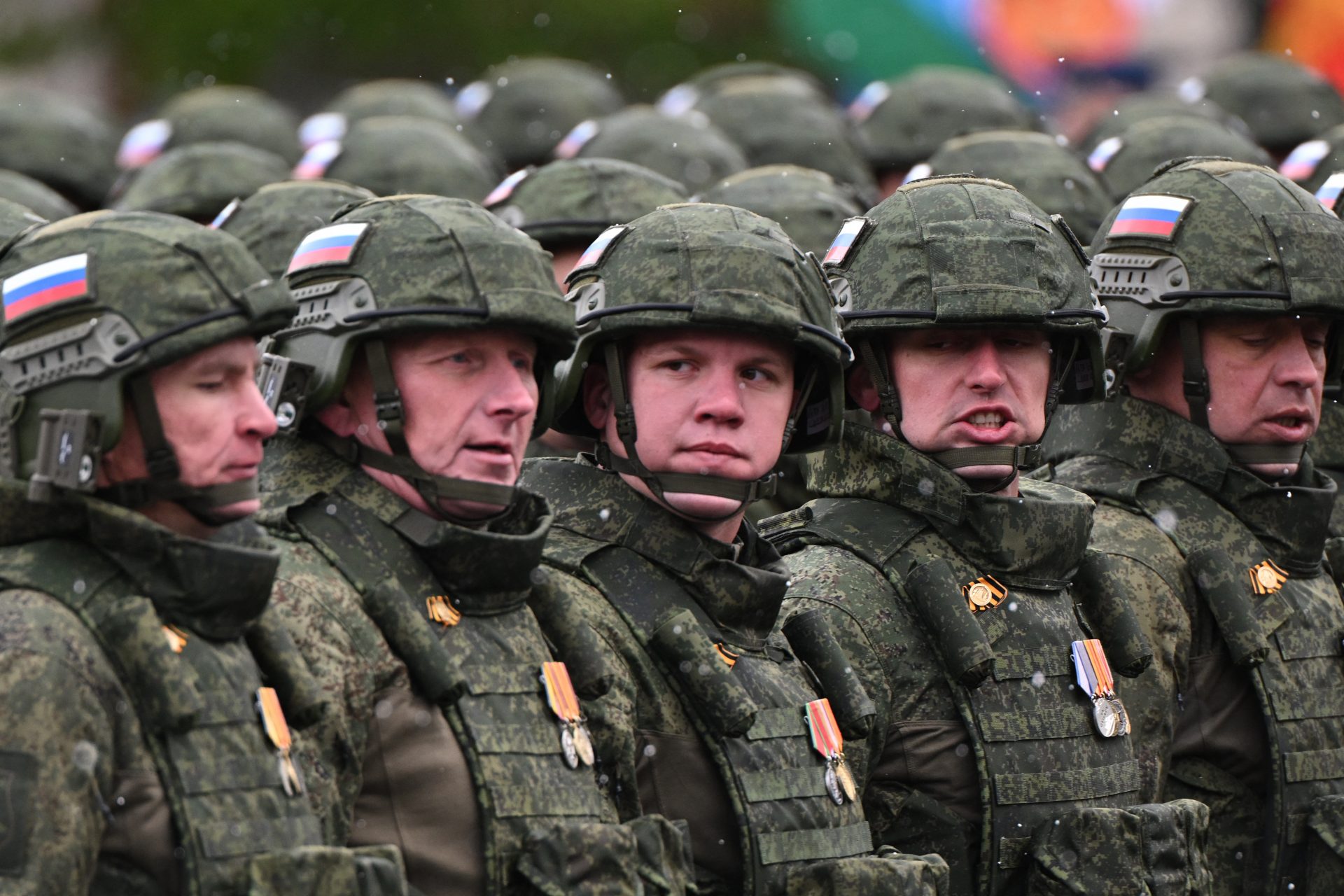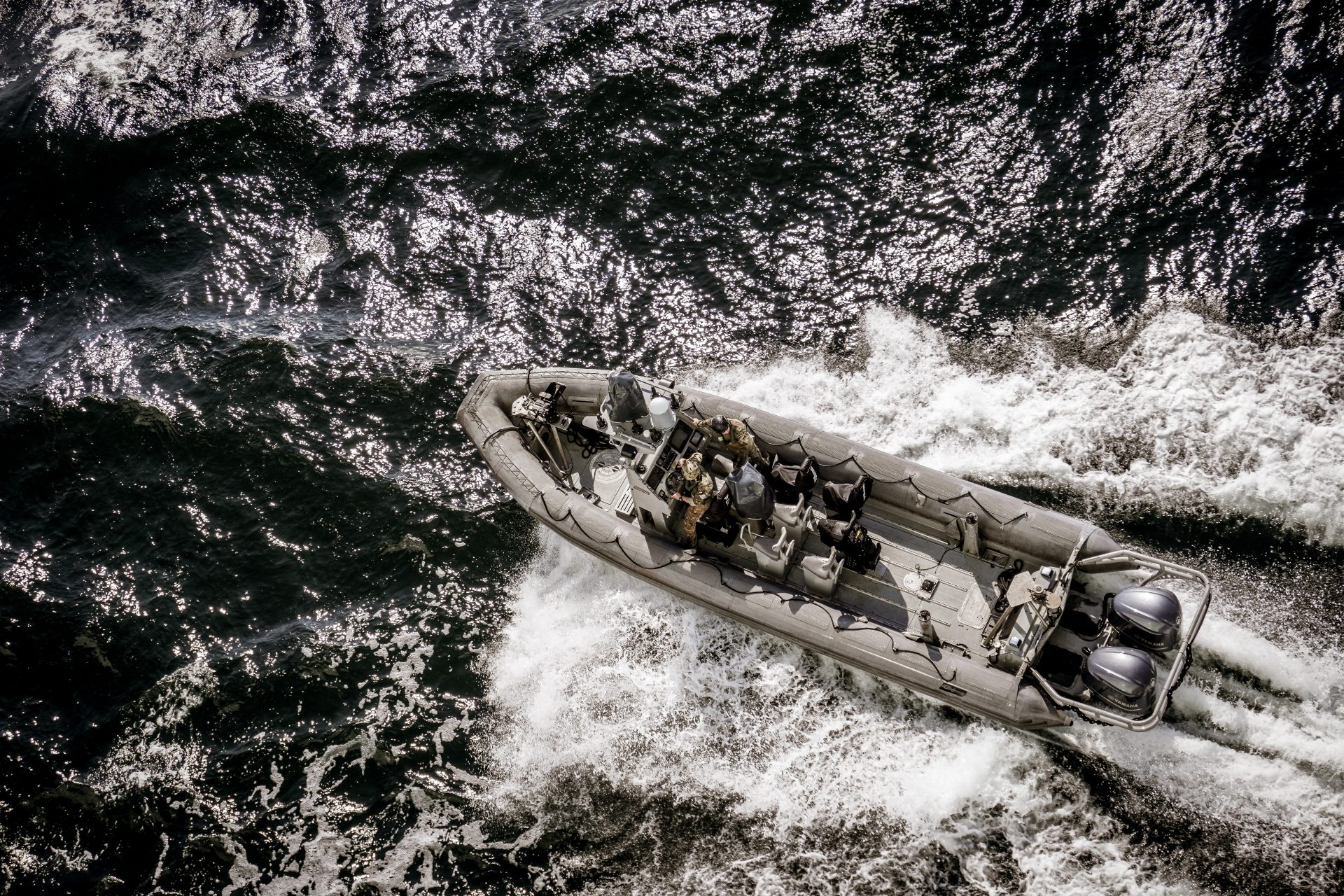Medvedev warns Ukraine arms shipments could lead to nuclear disaster
Former Russian President Dmitry Medvedev made headlines again on February 27th for comments warning that Western arms supplies to Ukraine were risking a global nuclear catastrophe.
"Of course, the pumping in of weapons can continue .... and prevent any possibility of reviving negotiations," Medvedev said in comments published by the Russian daily newspaper, Izvestia, and translated by Reuters.
"Our enemies are doing just that, not wanting to understand that their goals will certainly lead to a total fiasco. Loss for everyone. A collapse. Apocalypse. Where you forget for centuries about your former life, until the rubble ceases to emit radiation," Medvedev added.
This wasn't the first time the former Russian President raised eyebrows with his nuclear warnings. On January 26th, Medvedev said that if Russia was defeated in Ukraine it could lead to a global nuclear war.
“The loss of a nuclear power in a conventional war can provoke the outbreak of a nuclear war,” Medvedev wrote on his Telegram channel.
“Nuclear powers do not lose major conflicts on which their fate depends," the former Russian President added, “This should be obvious to anyone. Even to a Western politician who has retained at least some trace of intelligence.”
The Secretary-General of NATO Jens Stoltenberg condemned Medvedev's nuclear threats and accused the former Russian President of attempting to blackmail Western powers into ending their assistance to Ukraine.
“The risk of using nuclear weapons is low. But Russian nuclear rhetoric is utterly irresponsible," Stoltenberg said in an interview with Germany's WELT newspaper.
"It is dangerous. Russia should know that a nuclear war can never be won and therefore should never be fought,” Stoltenberg continued.
“Of course, we are watching what Russia is doing very closely," Stoltenburg added, "If that were the case, we would of course react. But even if we allow Russia to blackmail us with this rhetoric, then the world will become more dangerous."
"Then Russia would keep coming up with this nuclear threat when it wants to achieve something,” the NATO chief concluded.
Russian President Vladimir Putin and his allies have been making nuclear threats with increasing regularity in the last few months, with the most worrying message coming when Putin proposed changing Russia's nuclear first-strike policy.
On December 9th, Putin said that Moscow was considering adopting what he described as a nuclear first-strike policy to the country’s military doctrine.
“We are just thinking about it,” Putin told reporters during a meeting of the Supreme Eurasian Economic Council in Kyrgyzstan.
Putin’s discussion about adding a first-strike policy to Russia’s military doctrine seemed to be aimed at Western audiences and was framed as a “preventative” measure that would only be used to disarm an adversary.
“If we are talking about a disarming strike, perhaps we should think about using the approaches of our American partners,” Putin said.
“They weren’t shy to openly talk about it during the past years,” Putin continued, referencing the United States’ current policy on nuclear first-strike strategy.
“If the potential adversary believes that it can use the theory of a preemptive strike and we don’t, it makes us think about the threats posed by such ideas in other countries’ defensive posture,” the Russian president added.
While Putin has made no official announcement on whether or not Russia has adopted a new nuclear policy, he did stun the world on February 21st when he pulled out of the New START treaty—the last nuclear arms-control treaty between Russia and the United States, and one that was signed by former President Dmitry Medvedev in 2010.
More for you
Top Stories























